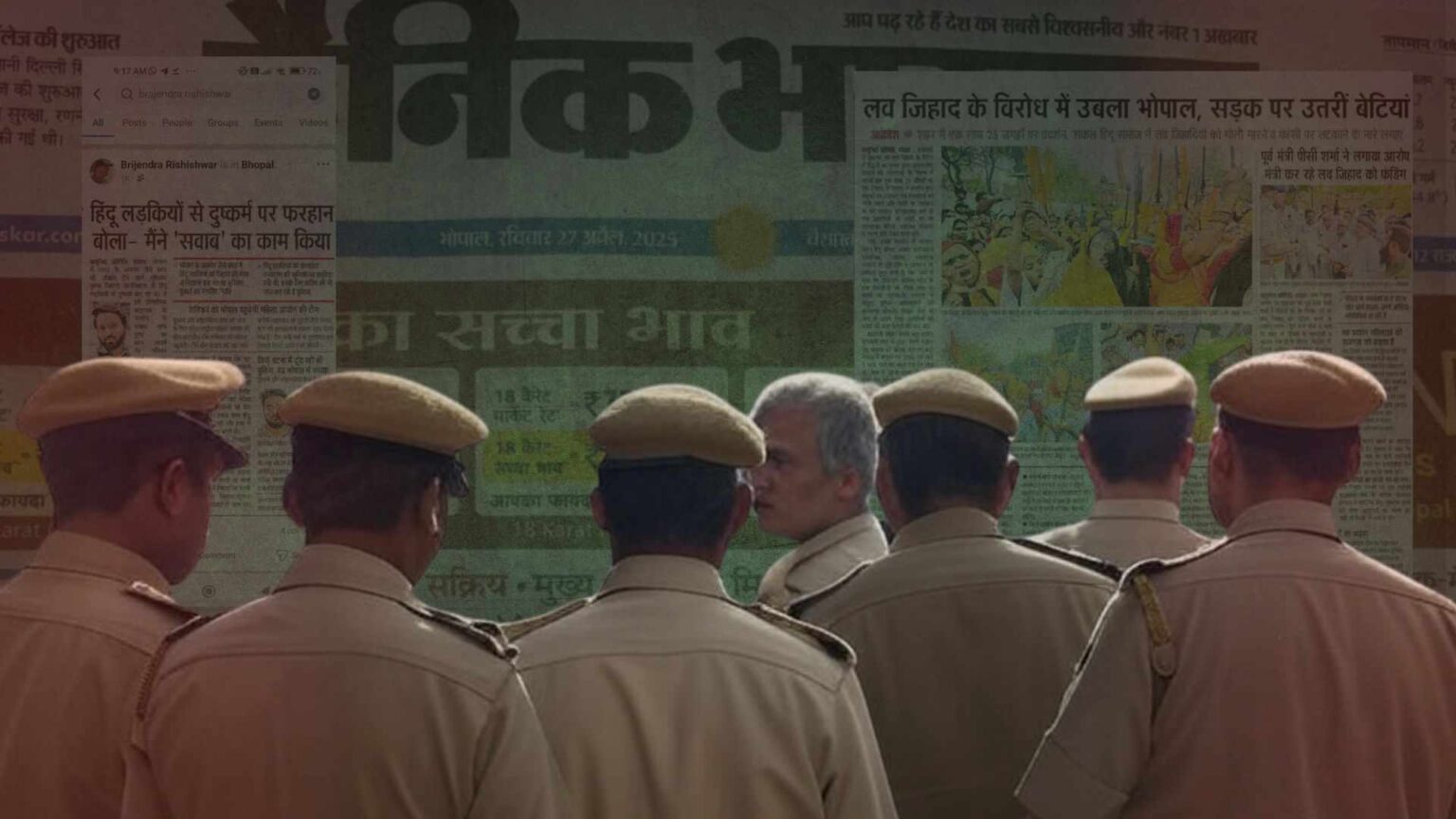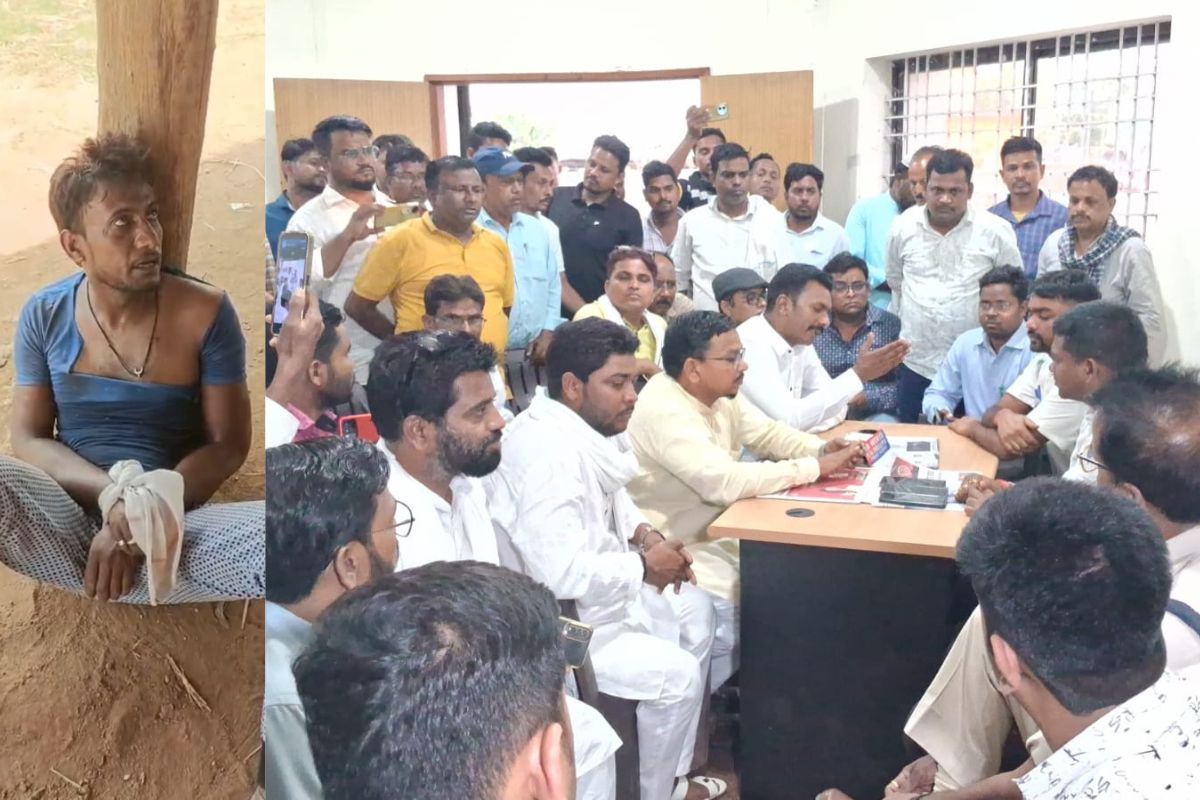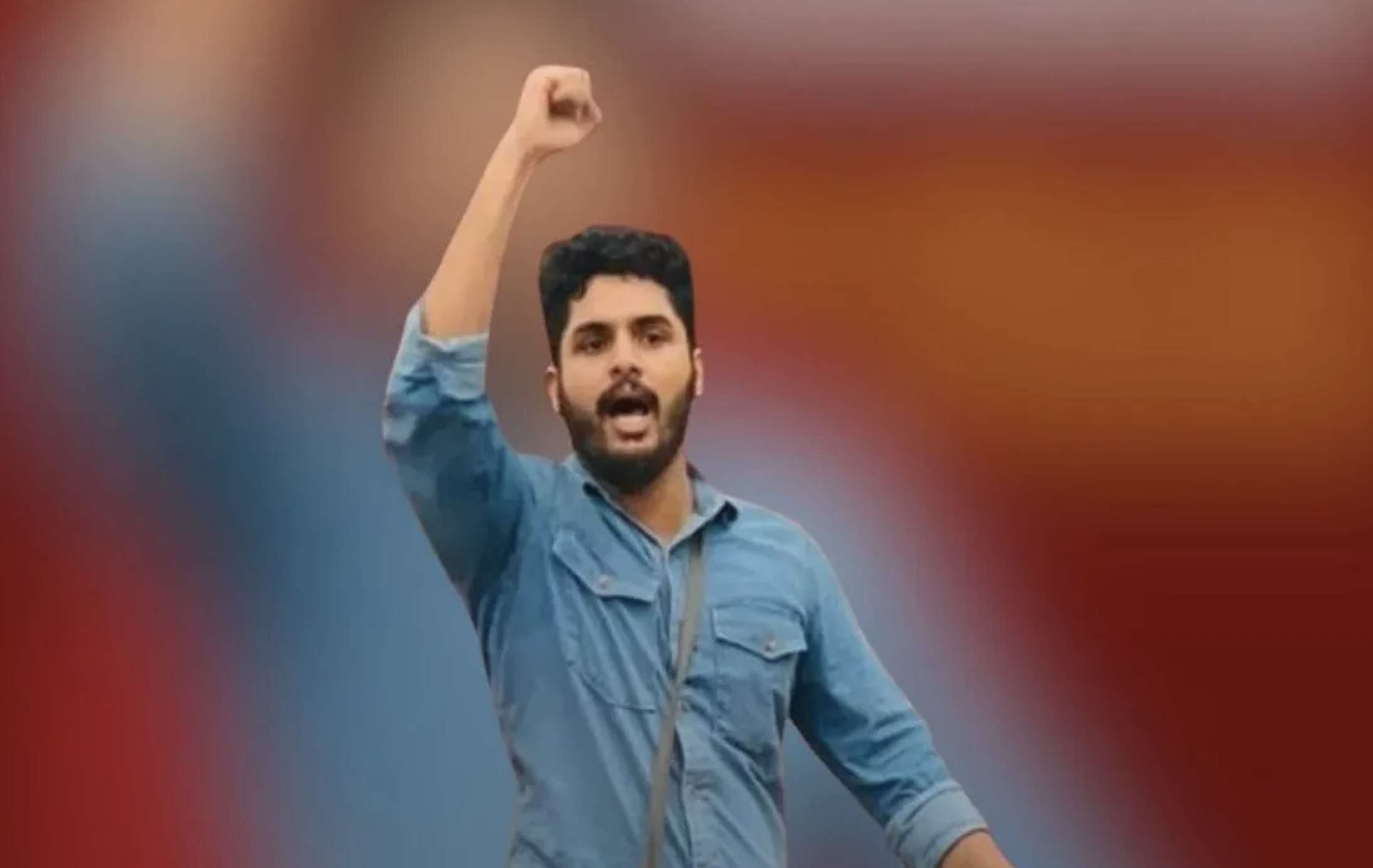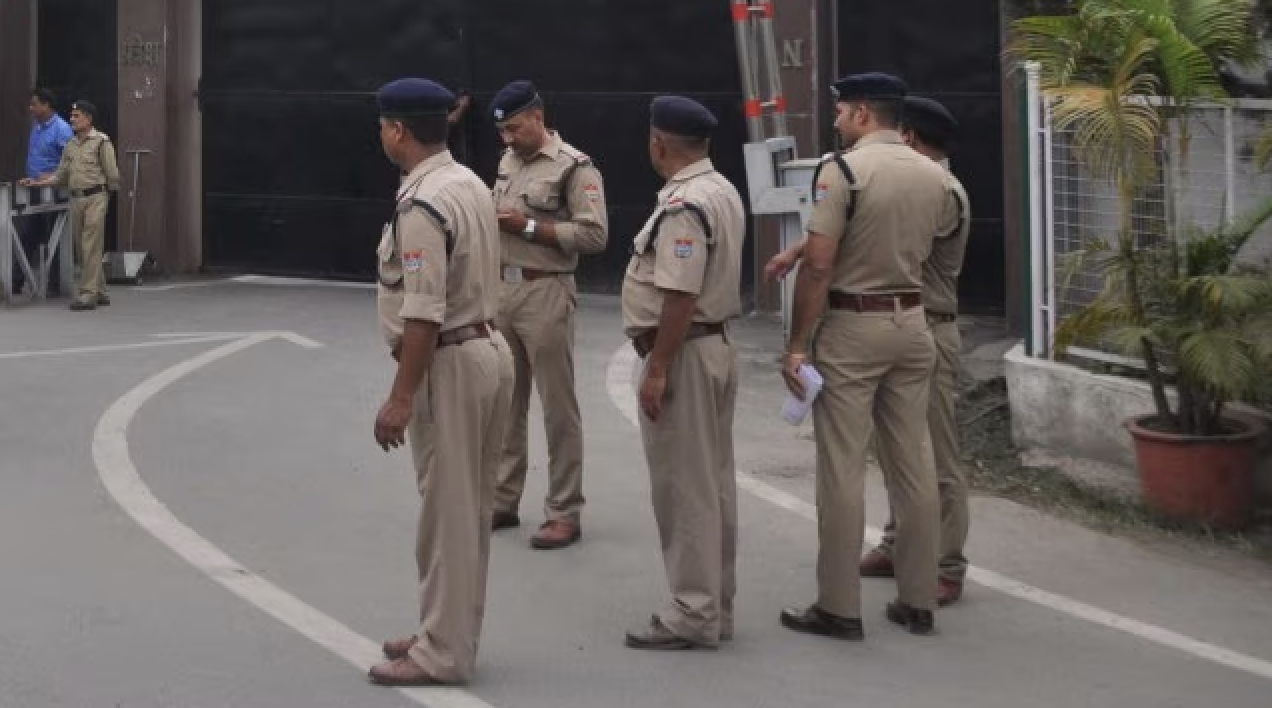
By Shahrukh Alam / The Wire
This is a common refrain in the courts.
Yet the prosecuting state’s behaviour towards its prisoners has been rather erratic. On the one hand, it is seen to oppose, tooth and nail, the grant of bail to political activists such as Jyoti Jagtap, or Umar Khalid, alleged to have ‘ignited passions’ and provoked violence (in others).
Similarly, the state cried for – and was granted – a Saturday hearing at the Supreme Court, in order to suspend the judgment of the Bombay high court discharging Professor G.N. Saibaba, and to ensure that he is not even temporarily released from jail. It is the state’s allegation that Professor Saibaba deploys his considerable brains towards critiquing the democratically elected government.
On the other hand, the state does not seem at all bothered about actual rioters; or those who have indulged in vitriolic hate speech, and in hate crimes, those who have lynched men, serving time too. The nonchalance with which it granted remission to certain ‘political’ rapists and murderers bears out the arbitrariness in conduct.
How do we begin to think about these inconsistencies?
When I read law at university, I had found a thin volume called An Introduction to Political Philosophy which has held me in good stead since. The book describes politics as centring on two questions: ‘who gets what?’ and ‘says who?’.
The first of these questions is about the distribution of rights and resources: which material resources, like education and health, the environment, minerals, etc. should be deemed ‘public goods’ and belong equally to all people; or should only those who pay income tax have any moral claim to them? At a given point in time, a material resource like public health may be seen as a public good and all citizens may feel entitled to demand it as a right, whereas at another point in political time, it may merely be seen as largesse, distributed conditionally to subjects as per the government’s better judgment.
Beyond material resources, politics also asks the questions: how should rights and freedoms be distributed? Should some people have more freedoms than others? And finally, what would be the basis of such distribution?
Political philosophy holds that ‘who gets what’, and ‘in what measure’ is decided by those who retain political power. Political power sometimes defers to the constitution on the question of ‘who gets what’, and accepts affirmative action, and special rights for protected groups. At other times, it yields only to majoritarian sentiments, or to hard economics.
This story was originally published in thewire.in. Read the full story here






